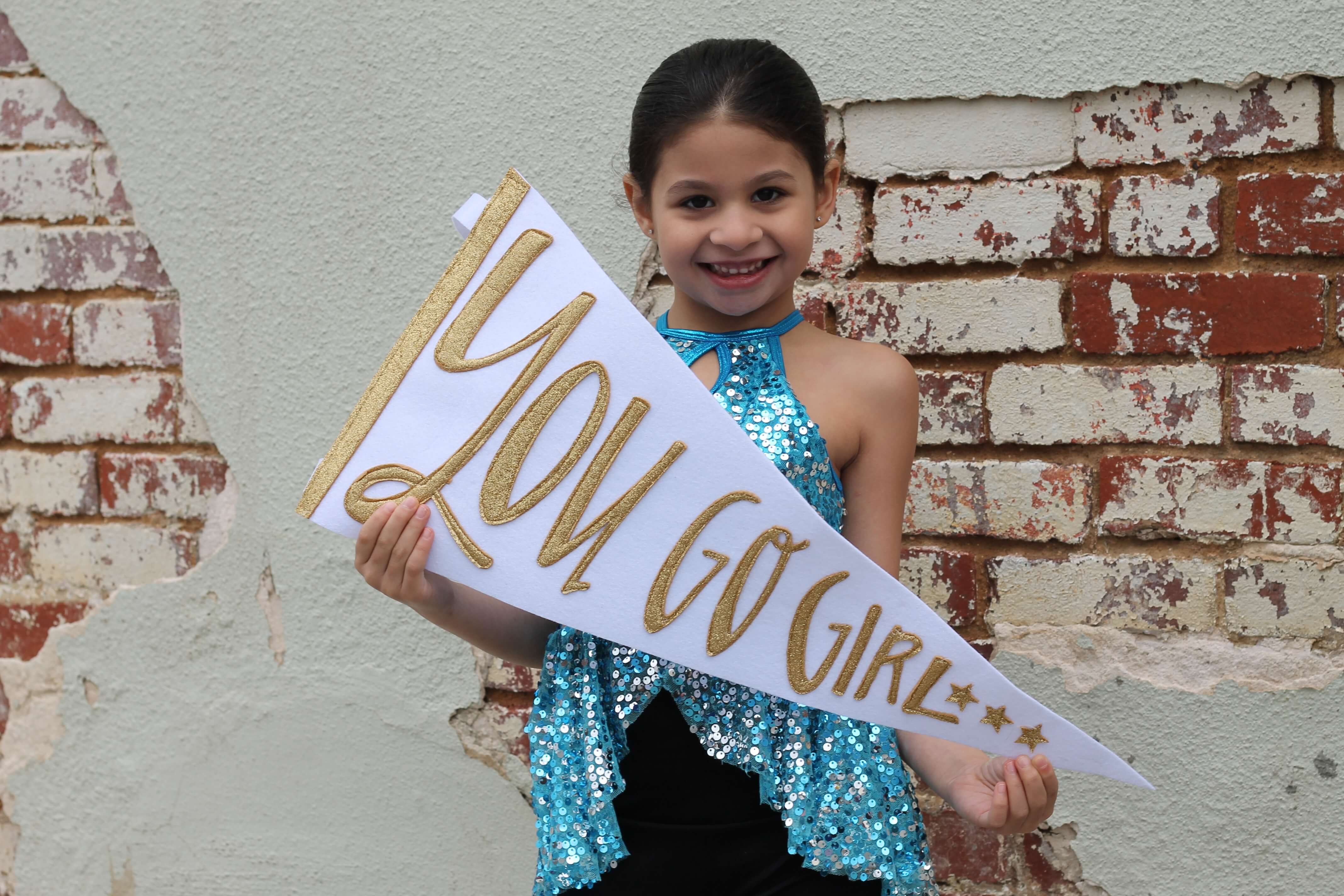 My very first recital was when I was about three years old. I went to a small studio and instead of doing the recital at a theater we did it in the studio. My teacher set up chairs in one half of the studio, and the other half was the stage. Even though I had been practicing the dance in that studio for months, I never made it on stage. Instead I cried and screamed as my sister tapped her way through the dance with a couple of other classmates.
My very first recital was when I was about three years old. I went to a small studio and instead of doing the recital at a theater we did it in the studio. My teacher set up chairs in one half of the studio, and the other half was the stage. Even though I had been practicing the dance in that studio for months, I never made it on stage. Instead I cried and screamed as my sister tapped her way through the dance with a couple of other classmates.
Now I brag about my amazing track record for getting the little ones on stage. I know I shouldn't do it, but each year I do. I'm bound to curse not only myself but an innocent little ballerina, but hopefully not this year. We have a fool proof way for ensuring the success of our dancers. Here's how we pull it off:
Preparation is key.
As soon as we start learning our recital dances, everything is the most fun ever! “We're going to start learning our dance that we're going to perform on a big stage in the spring time. It's going to be awesome.” I repeat this phrase using different words every week, emphasizing how much fun performing is. We also have children's books about ballerinas performing on stage that we begin reading to the students to help them prepare. In one of the stories, the performance does not go as planned but everything still turns out in the end.
We're also fortunate enough to be in the theater the entire week leading up to the recital which means our dancers get at least two trial runs to be successful on stage before recital day. At our tech rehearsal we take each class on stage and back stage, giving them a tour of the theater environment. We also get to practice the dance that day. Sometimes kinder students are hesitant that day since it is a new environment. I don't make a big deal of them. I tell them they can watch that day and we can try again at dress rehearsal. Usually by dress rehearsal they are ready to try it out!
“Nervous” is NOT part of the vocabulary.
Feeling nervous can be very similar to feeling excited. Younger dancers have trouble distinguishing the difference between the feelings, so I prefer to use the term “excited.” Nervous has a negative connotation. It implies that something could go wrong, that messing up is bad, or that trouble is in the near future. Excited makes the students think just the opposite. When you are excited for something it is usually because it is going to be an enjoyable and rewarding experience.
Especially when it's a tiny student's first recital, they don't know what to expect. When we manage their expectations by telling them exactly what is going to happen and how successful they are going to be, they are more confident! When preparing your dancer for recital day, remember to keep everything positive.
Make it fun!
I've said this a million times before and I'll say it again, but recital is my FAVORITE day of the year. I love it because it is fun, and I am filled with pride when my students take the stage, no matter what happens. At recital students get to wear beautiful sparkly costumes, wear their hair a certain way, and put on a bit of make up. It is a special day to celebrate growth, hard work, and accomplishment. Enjoy the one day your dancer gets to show you what they've been working on for the entire year. It really is a great one!
Our recital theme this year is “Beyond Belief” and I personally can't believe that it's just around the corner. We're already counting down to the best day of the year, and we can't wait to see all of our dancers take the stage in May!
Good luck!